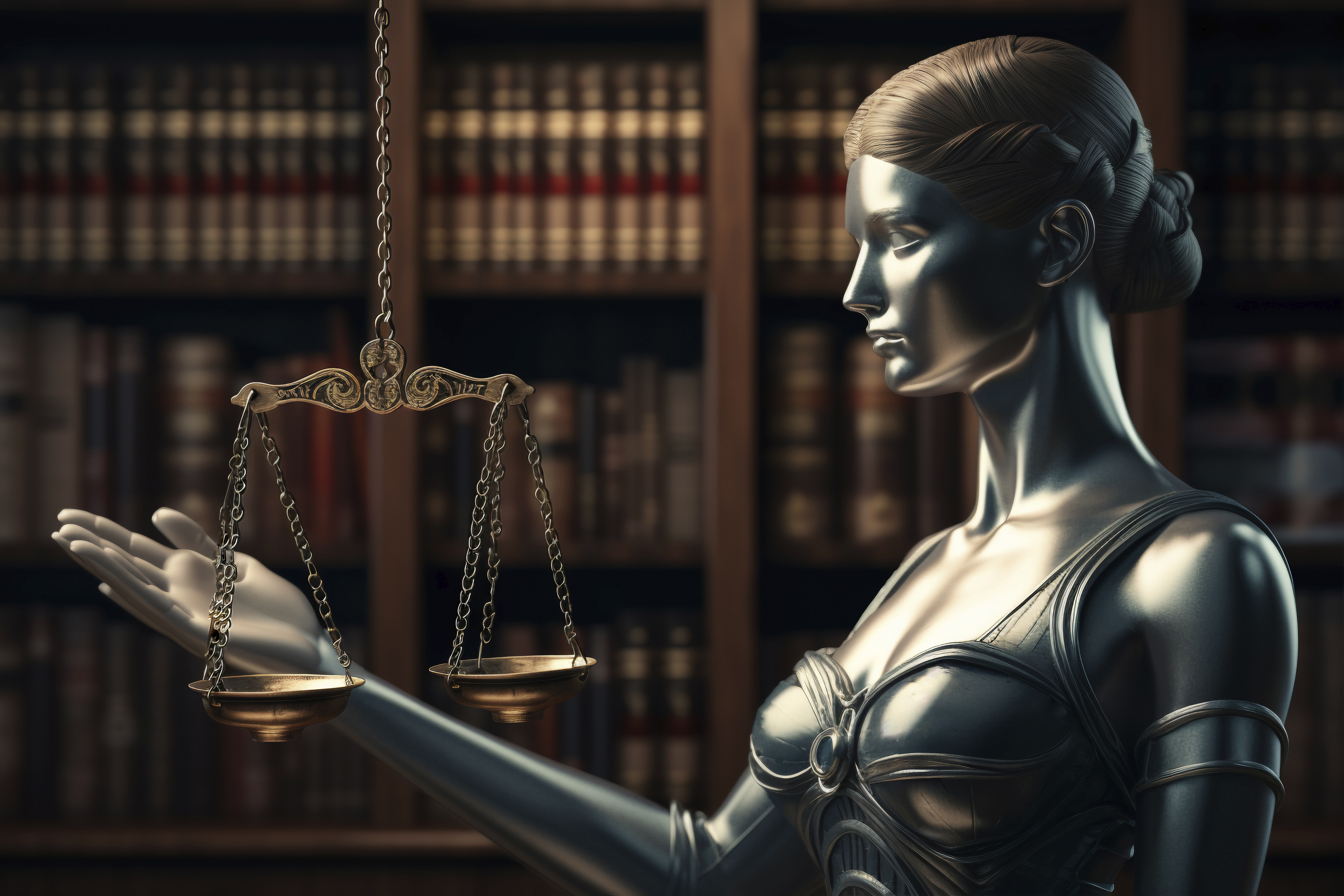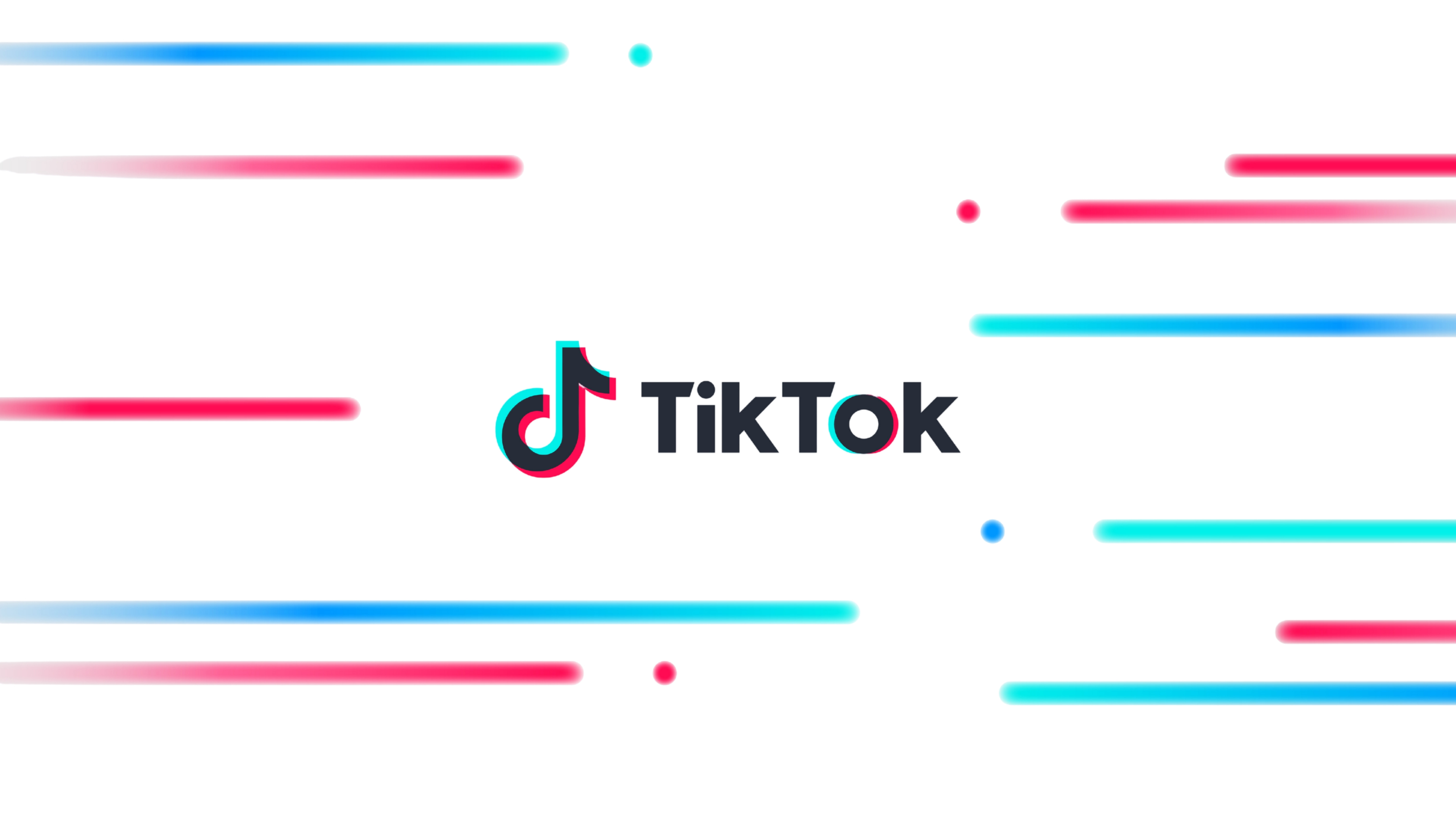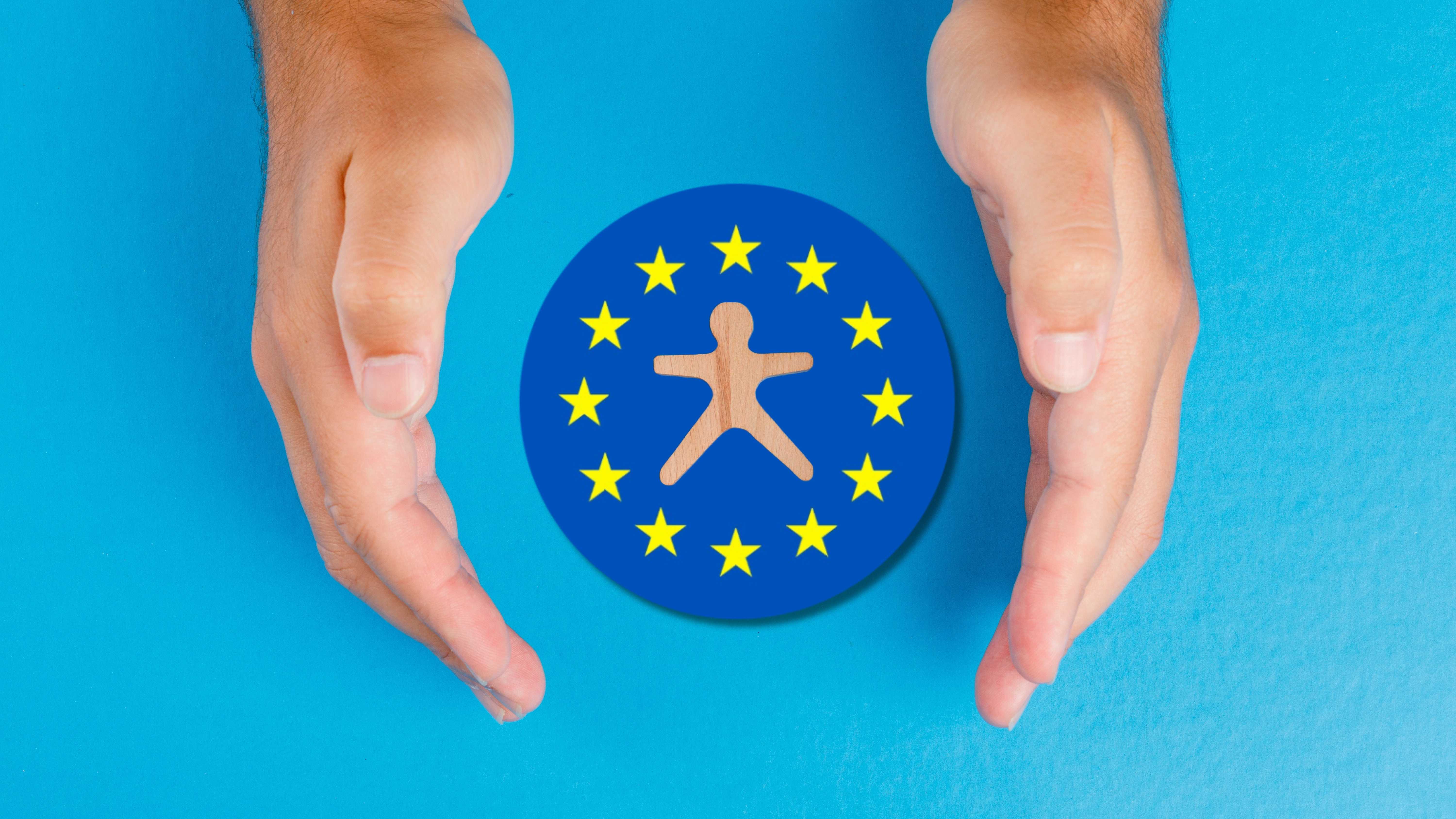Splat is a new mobile app from the team behind Retro that uses generative AI to transform personal photos into colouring pages designed for children. The app targets parents seeking creative activities, free from advertising clutter and pay-per-page websites.
Users can upload images from their camera roll or select from curated educational categories, then apply styles such as cartoon, anime or comic.
Parents guide the initial setup through simple preferences instead of a lengthy account creation process, while children can colour either on-screen or on printed pages.
Splat operates on a subscription basis, offering weekly or annual plans that limit the number of generated pages. Access to payments and settings is restricted behind parental verification, helping prevent accidental purchases by younger users.
The app reflects a broader trend in applying generative AI to child-friendly creativity tools. By focusing on ease of use and offline activities, Splat positions itself as an alternative to screen-heavy entertainment while encouraging imaginative play.
Would you like to learn more about AI, tech and digital diplomacy? If so, ask our Diplo chatbot!










